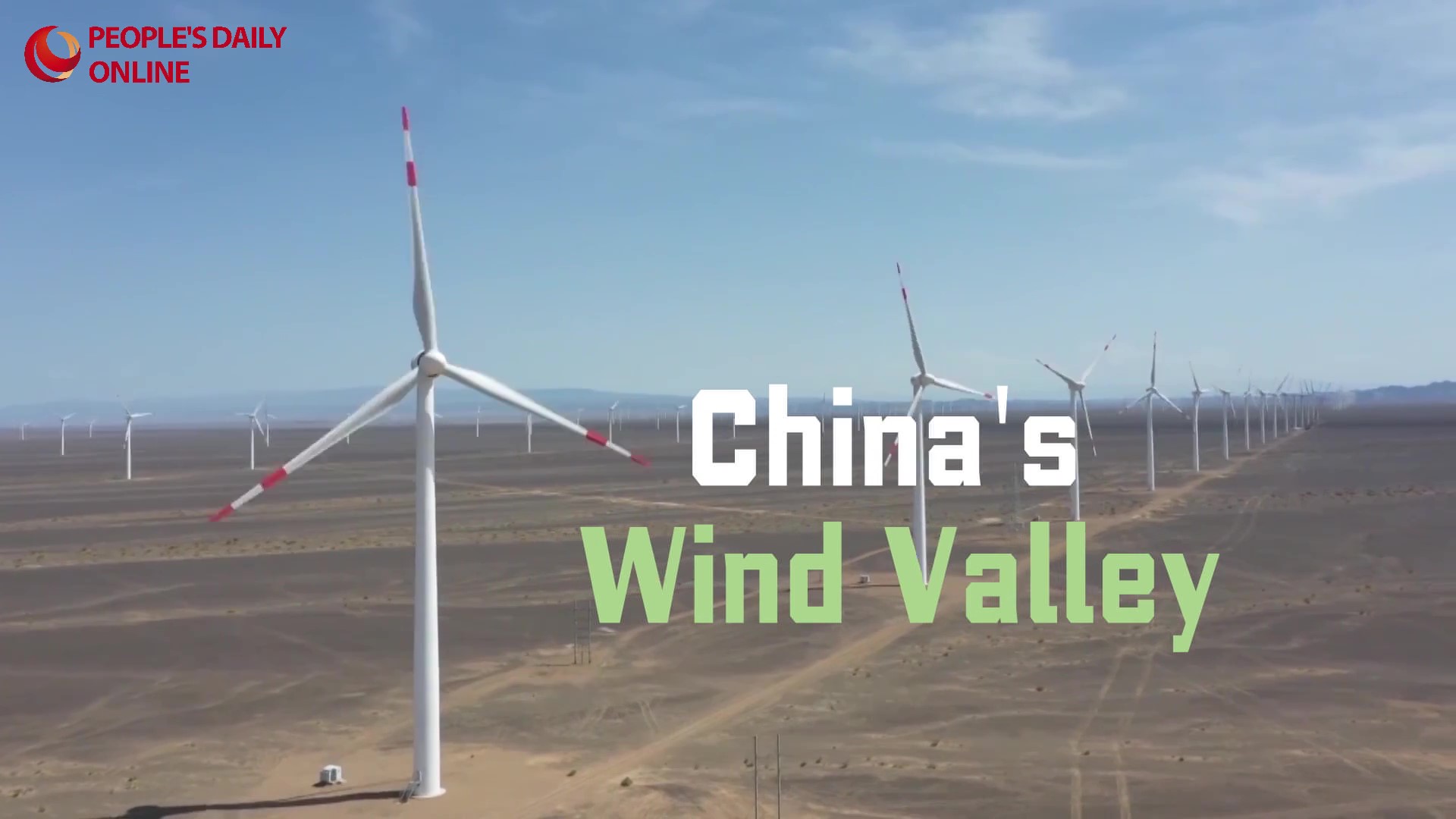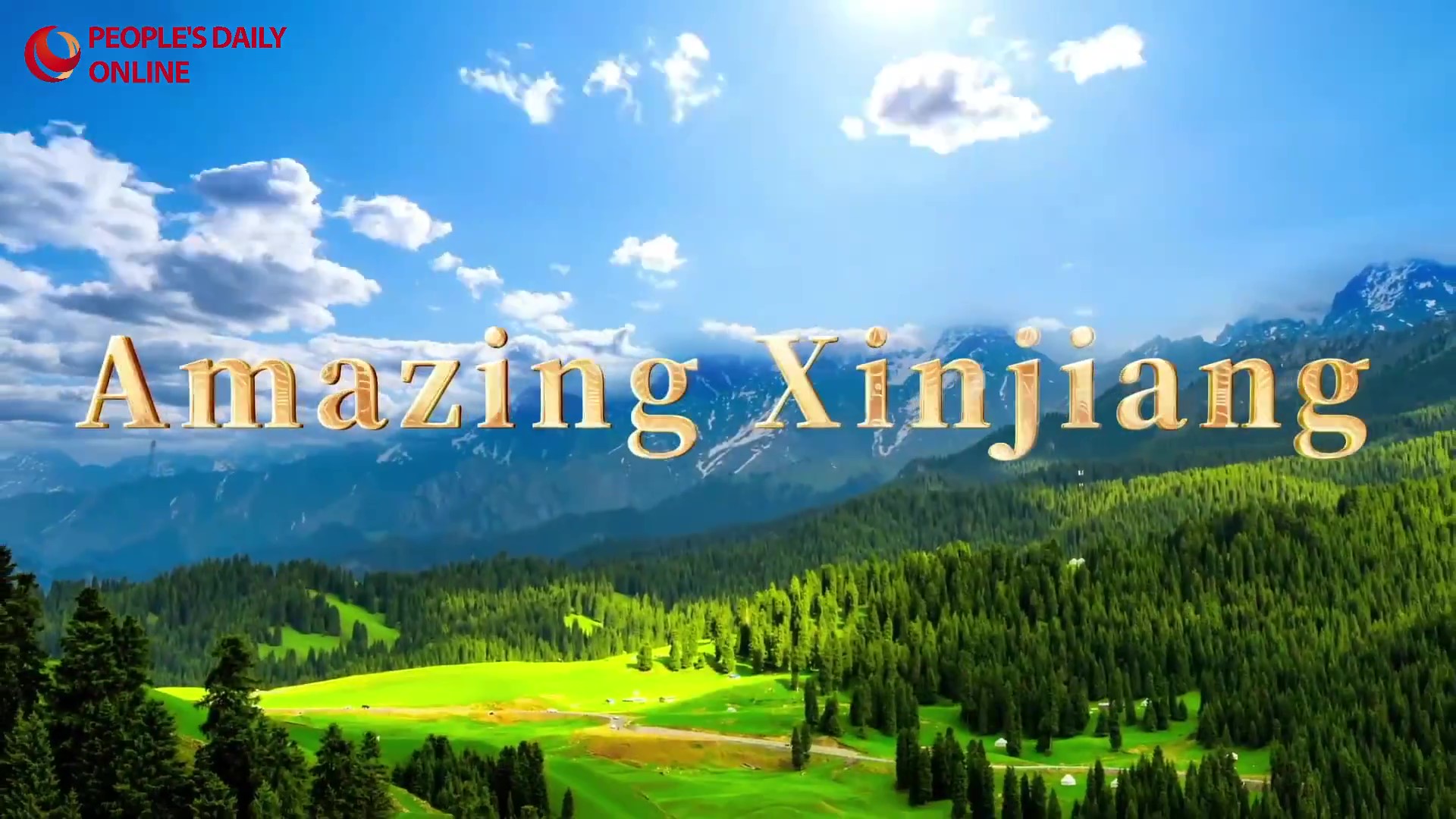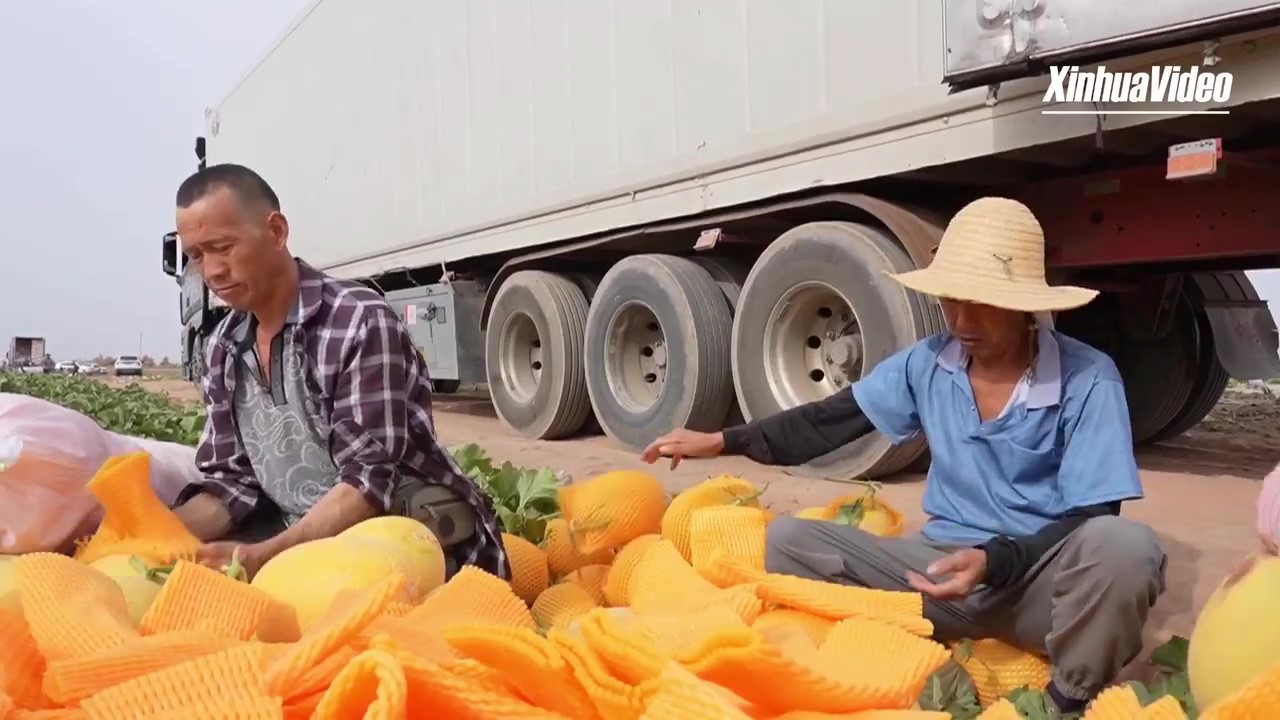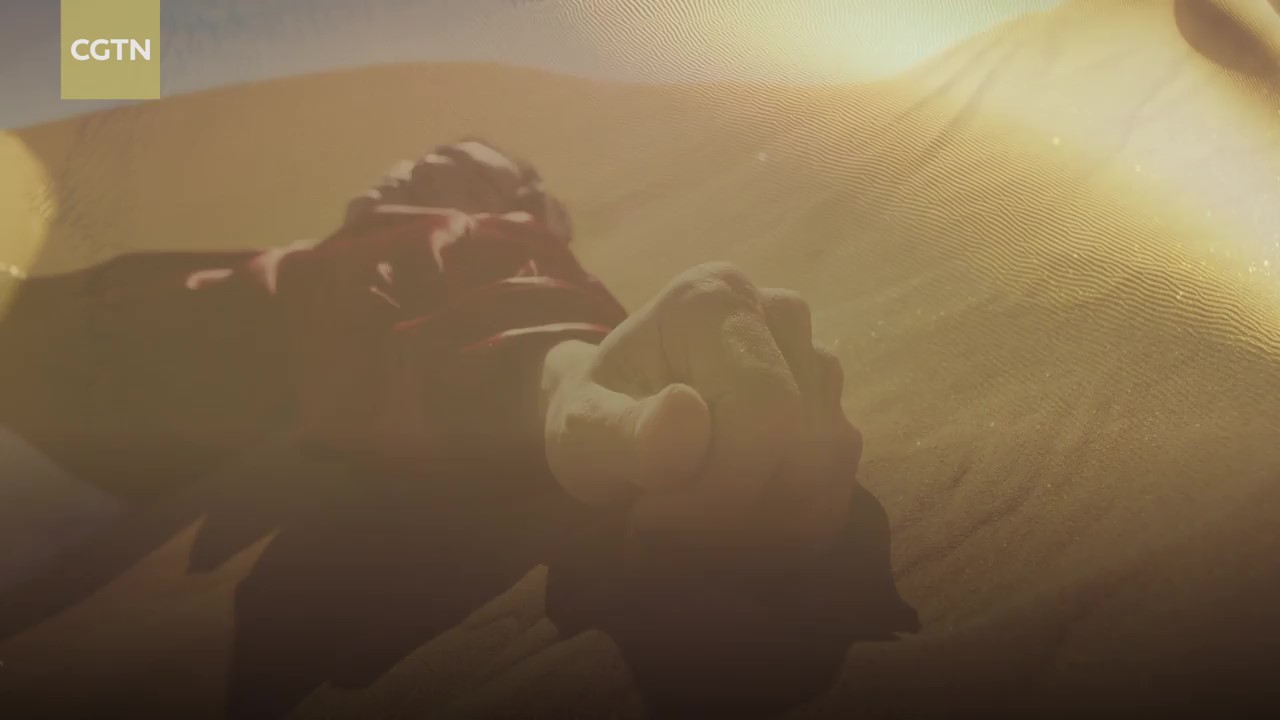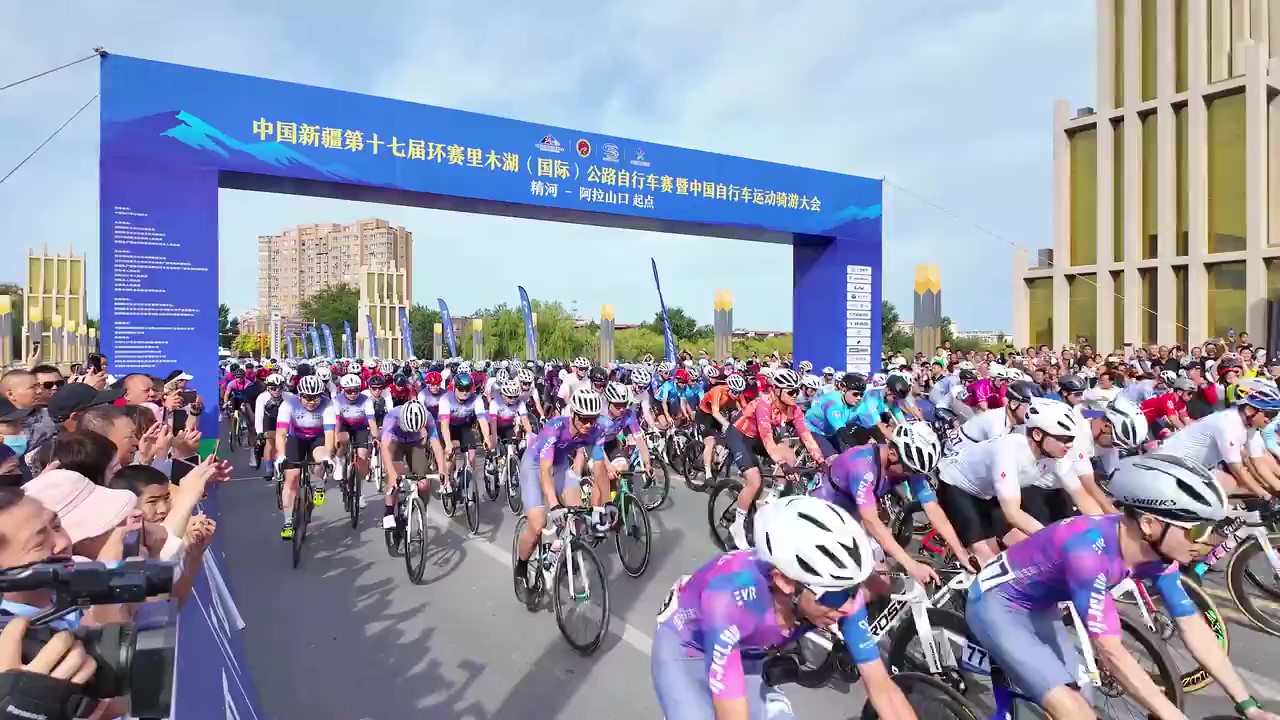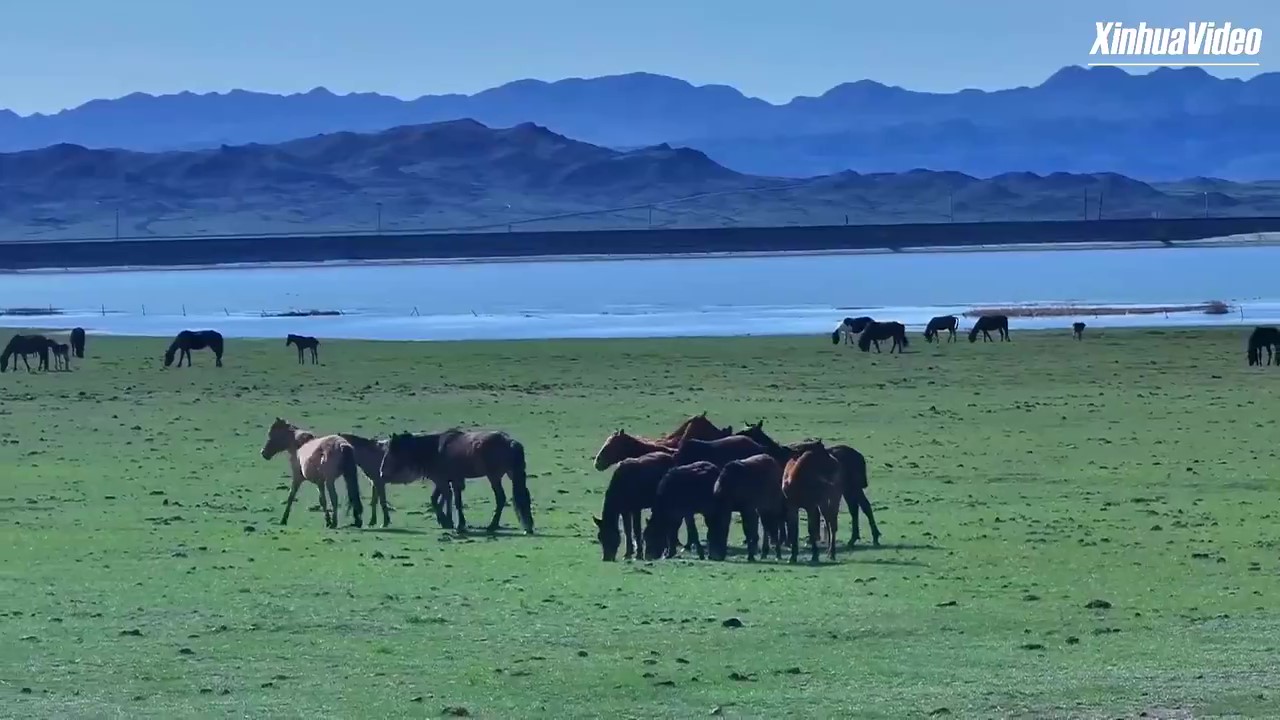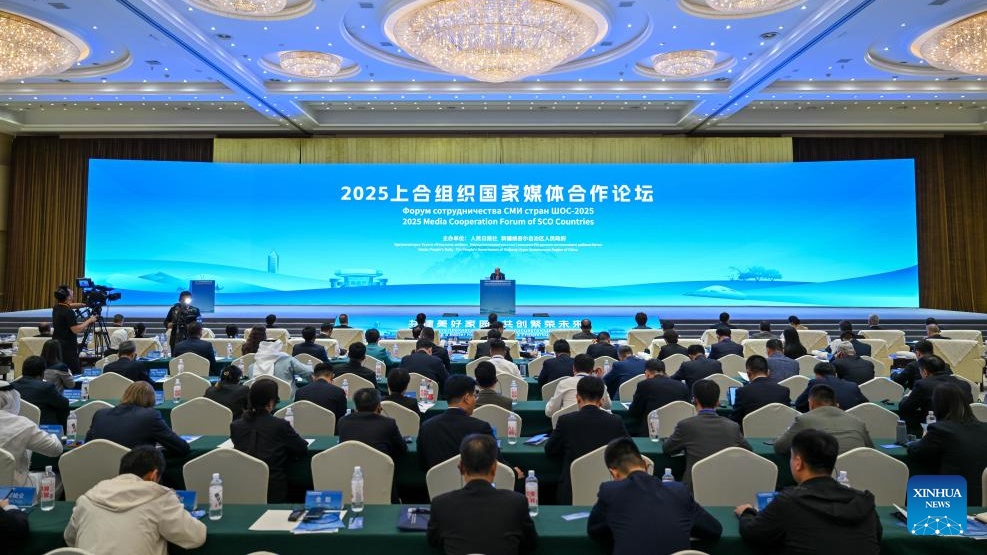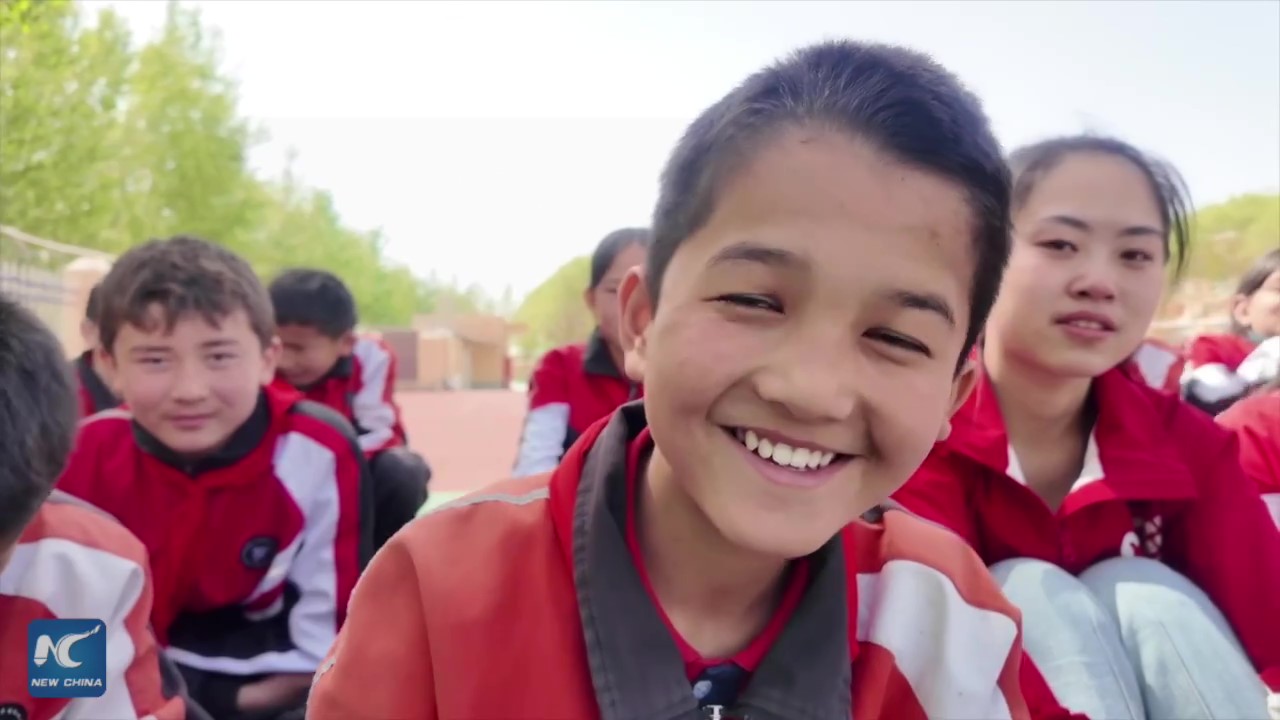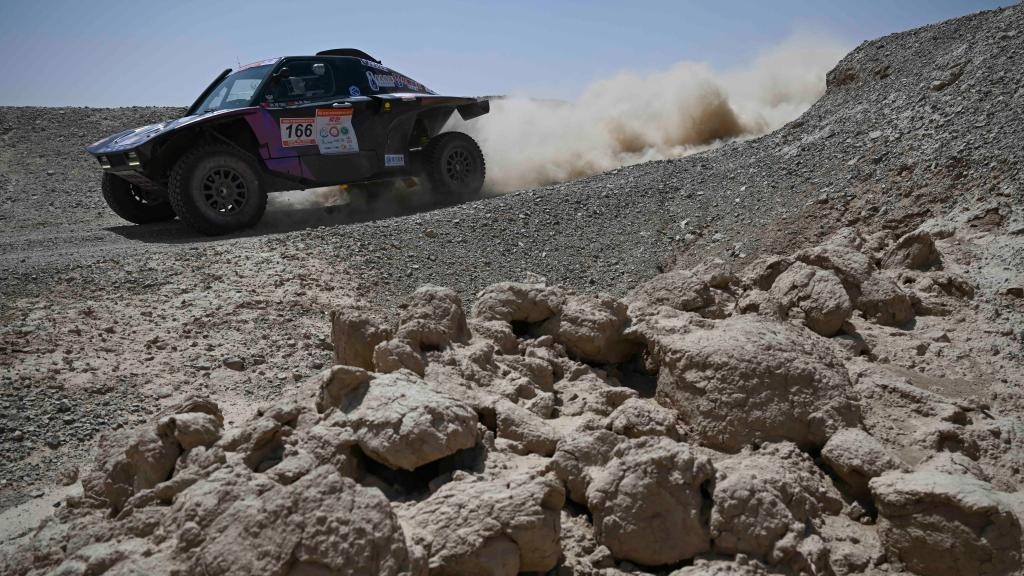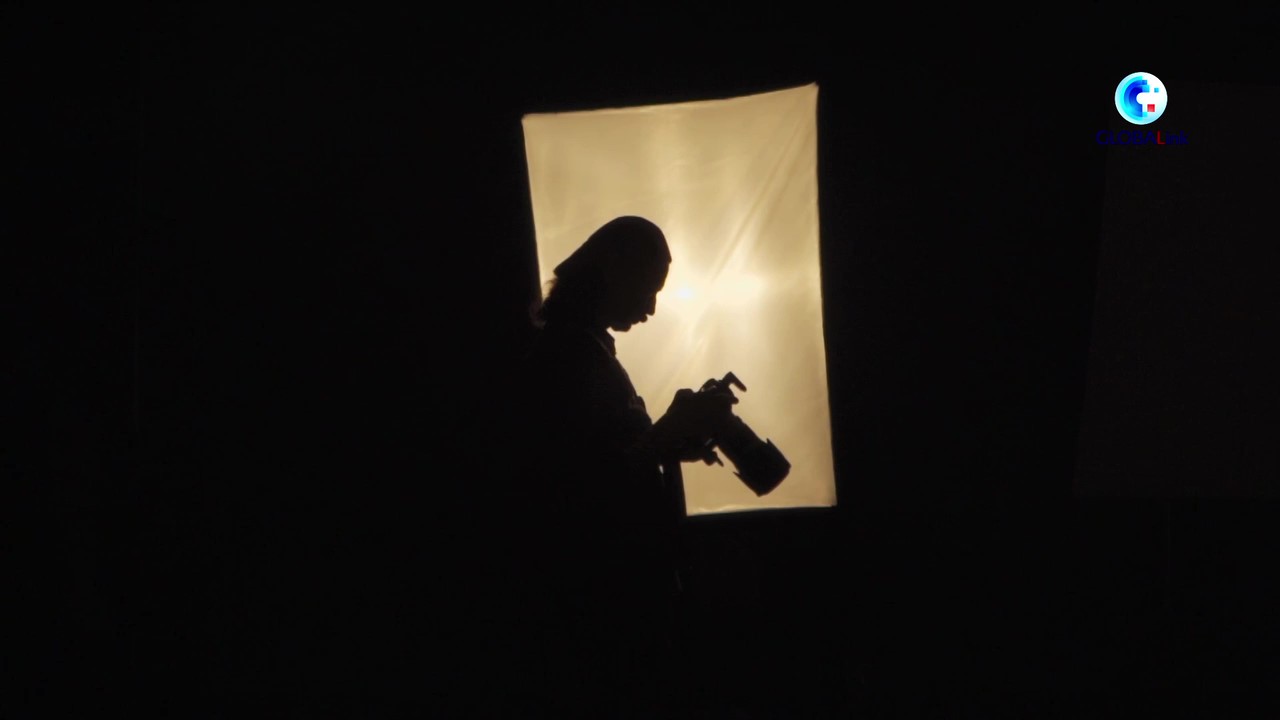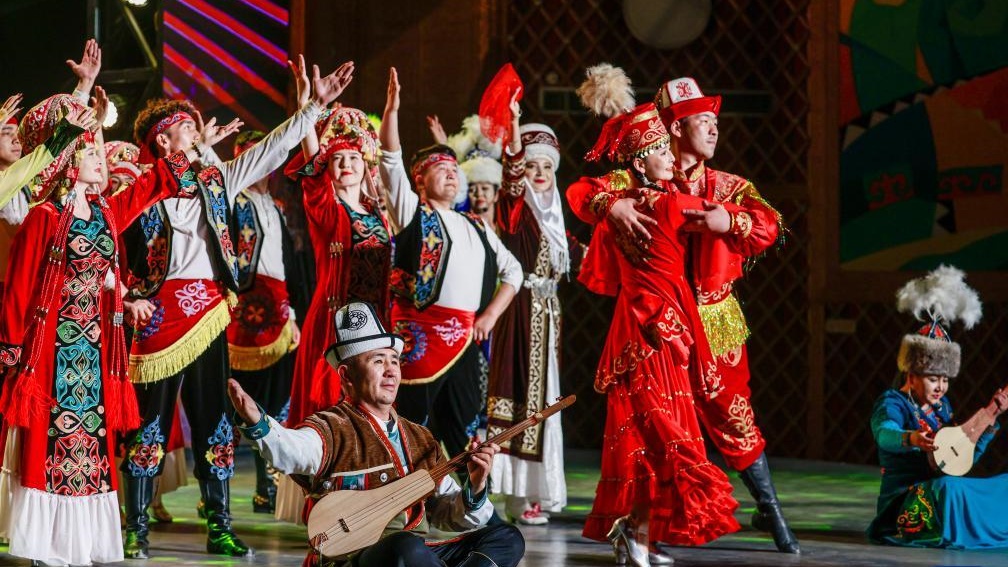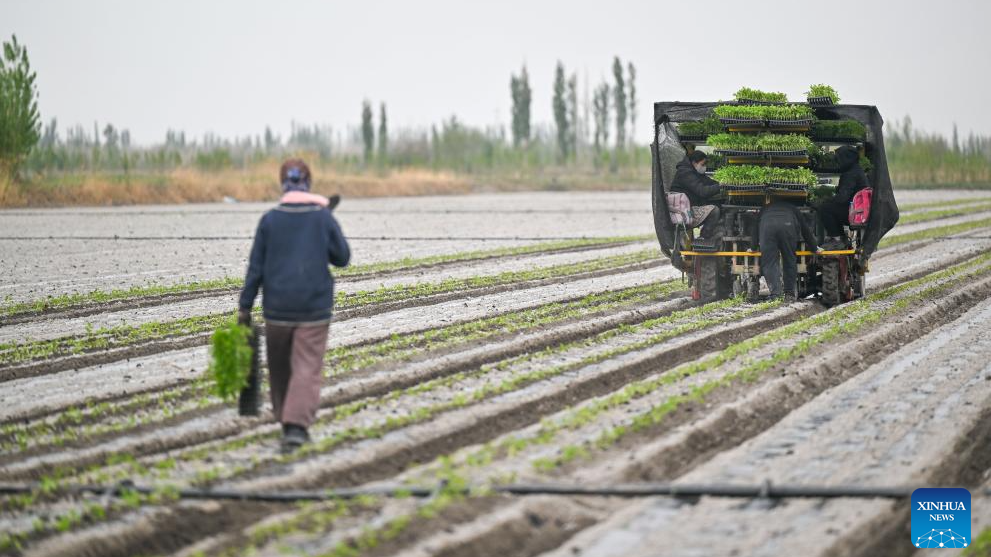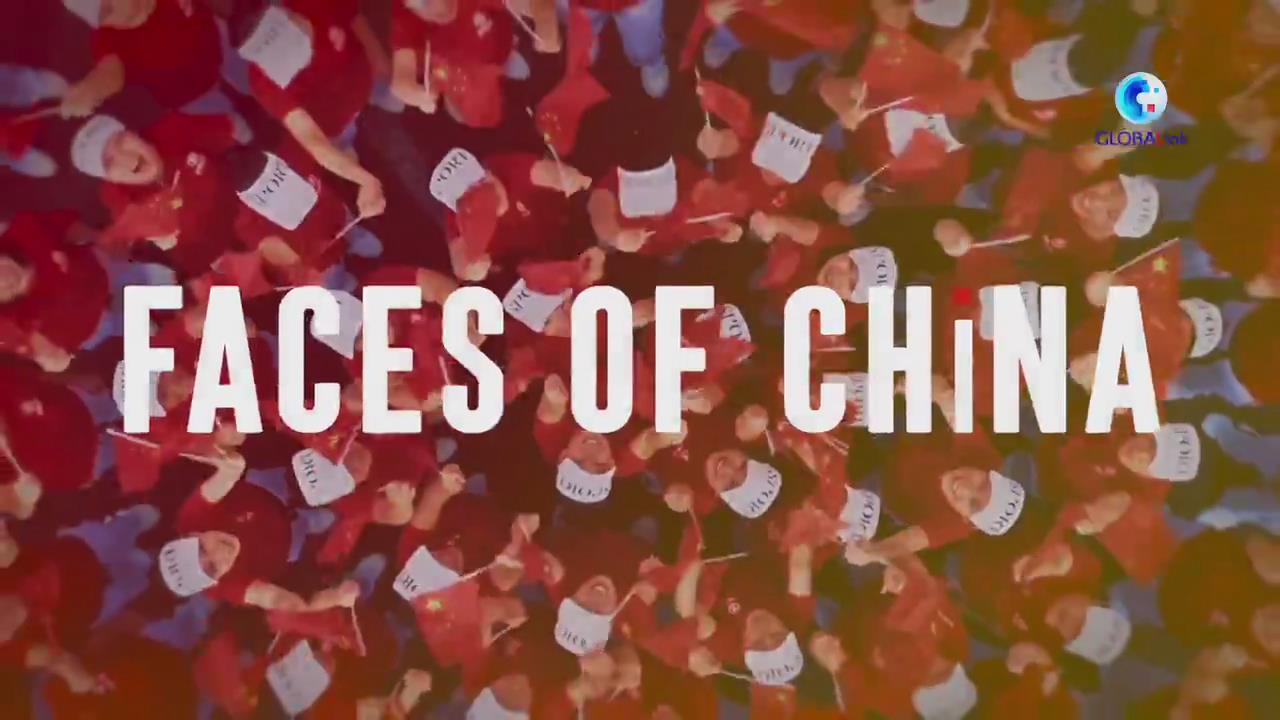China's two sessions as well as the reelection of Xi Jinping for the third term as president are important for China, as they push the stability in both domestic and foreign policies, Russian experts have said.
It is significant when China set a GDP target of about 5 percent for 2023, while its annual defense budget continued to see single-digit growth for the eighth year in a row, with an increase of 7.2 percent this year, said Andrey Karneev, head of the School of Oriental Studies at the HSE University, one of Russia's top universities.
"China's main goal at the moment is to ensure economic recovery, so economic and financial restrictions from the Chinese side are currently out of the question," he said.
Alexey Maslov, director of the Institute of the Asian and African Studies at Moscow State University, said he also pays attention to the figures when China's national legislators and political advisers have gathered in Beijing for their annual meetings, known as the two sessions.
"It is important that the defense budget is growing," he said. "The budget for foreign diplomacy is also increasing — It has grown by 12.2 percent, which might lead to its activation. An important issue was also put forward to the new government about supporting business and welfare in Hong Kong, where, according to the law, only patriots can govern now."
Vasily Kashin, director at the Center for Comprehensive European and International Studies at HSE University, said he focused on China's new government restructuring plan, which is intended to further consolidate financial regulation under one government body instead of across different institutions.
According to Maslov, these reforms were just about timing, as Beijing is able to strive for economic stabilization in today's unstable conditions, "not to mention when Chinese authorities planned to create 12 million new jobs in cities and urban-type settlements and ensure consumer price growth does not exceed 3 percent".
For Karneev, China's GDP growth target this year is reasonable. Despite a slight slowdown last year, the Chinese economy maintained its growth potential, and such a target seems quite achievable, he said.
From the point of view of monetary policy, the People's Bank of China has repeatedly stated its commitment to supporting the economy, so it is unlikely to raise rates or take other measures to limit lending — in conditions of the need to increase domestic consumption, this will be unjustified, said Igor Gerasimov, analyst at BCS World of Investments.
Gerasimov said he will keep a close watch on whether the new Premier Li Qiang will exclude the risk of tightening the regulatory environment for business and foreign trade, although this risk has been periodically realized in the last few years.
China is now trying to maintain balance and maintain relations with key trading partners at the proper level, as demonstrated by the recent trips of Wang Yi, a member of the Political Bureau of the Communist Party of China Central Committee and director of the Office of the Central Foreign Affairs Commission, aimed at relieving tensions in trade relations with Europe, Gerasimov added.
Speaking of Sino-Russian relations, the Russian newspaper Vedomosti noted that President Vladimir Putin was the first world leader to congratulate Xi on his reelection.
For Russia, Xi's reelection for a third term is an element of stability in its policies with China, Karneev said, adding that it is an element that will contribute to the development of Sino-Russian relations, especially taking into account the personal relationship between the leaders.
The most important result achieved by the two sessions as well as Xi's reelection is representing the continuity of both domestic and foreign policies, said Yana Leksyutina, a professor at the St. Petersburg State University.
As the leadership remains stable, China will be more determined in major events in the international arena, Leksyutina said.


.png)
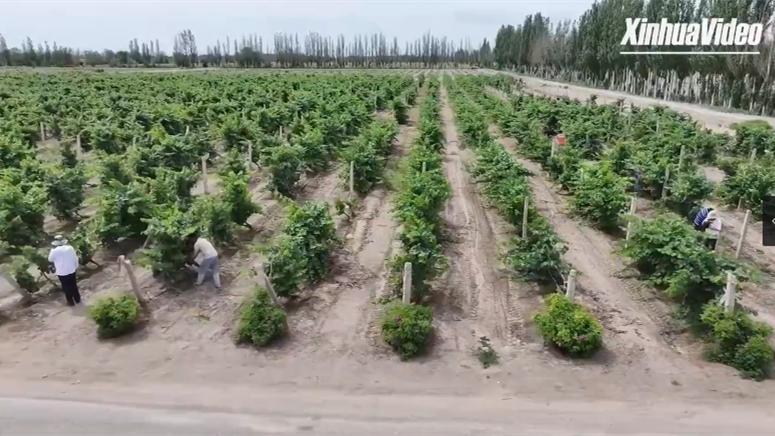
.png)

.png)


